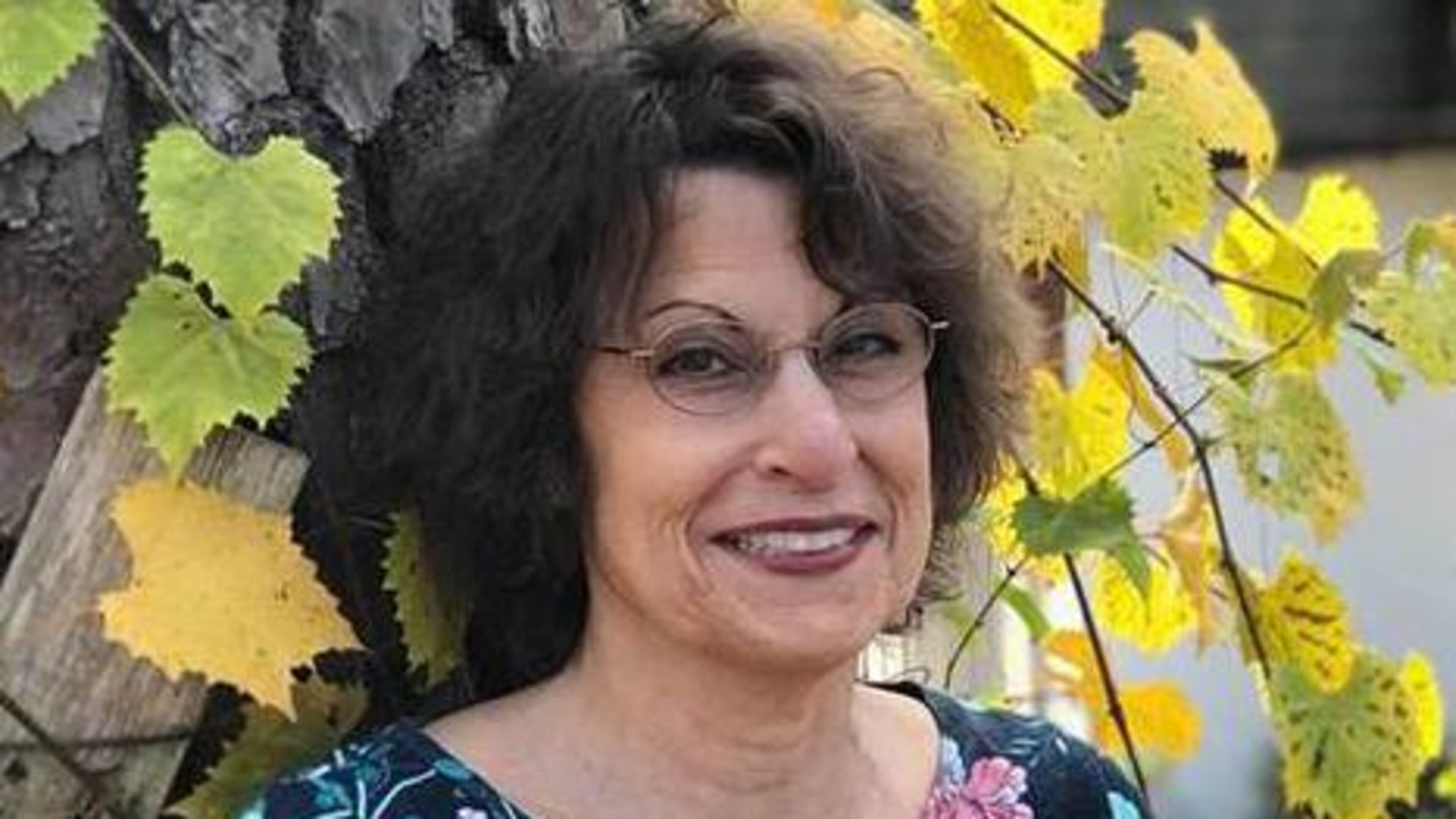Grateful for my visits to the kingdom of childhood

“You’re eating like an animal.”
The boy wasn’t phased by the comment, and patiently sat there while his father cut up his food.
Seth, 7, had ordered chocolate crepes dotted with strawberries and bananas, and discovered that eating without silverware was amusing. Now his face was smeared with chocolate and a crepe was dangling from his mouth.
He was seated across from me at the restaurant and I’d been suppressing my laughter, as I’d watched him wolfing down his meal. For him, eating like an animal was another experience he had to try, despite his father’s reaction.
During Thanksgiving weekend, I’m grateful for my visits to the kingdom of childhood, where every moment contains enticing possibilities for adventures.
My sister and I went through a phase as children where we loved TV Westerns, especially when cowboys hunkered down over their “grub” by the campfire.
My mother gave us cans of pork and beans to eat near our pretend campfire in our Miami backyard, where we found the perfect palm tree to tie off our make-believe horses.
Tiny lizards peered through the blades of grass and the bright faces of hibiscus watched from the bushes nearby. As we downed our cold meal, we became characters in the Wild West of TV shows.
At night, we slept with stuffed animals who could converse with us. By day, we read fairy tales populated with talkative rabbits, bears, wolves and mice.
For children, the world is filled with wonders unfolding each moment. A stick becomes a sword, a cloud turns into a dragon — and a boy without silverware becomes an animal.
As a child, C.S. Lewis spent rainy days indoors, drawing dressed-up animals and writing about an imaginary world, Boxen. Many years later, he created the beloved land called Narnia, peopled by children and talking animals, and ruled by Aslan, a lion who symbolizes Christ.
During my visit, an orange kitten followed Seth and his sister, Alexis, home from the school bus stop. Of course, the children wanted to keep the animal, because they loved it at first sight.
They neither weighed the pros and cons, nor considered who would feed the cat and clean up after it. They didn’t consider the cost of food, vet fees or anything else of a practical nature. They saw the kitten and thought, “It’s fuzzy and likes to play — and I want it.”
Whenever I visit the kingdom of childhood, I reflect on Christ’s warnings about the dangers of hardening our hearts, thereby shutting out faith and marvels. As Psalm 95 tells us, “If today you hear his voice, harden not your hearts.”
When Jesus healed a man with a withered hand on the Sabbath, the Pharisees were outraged, and St. Mark describes Jesus as “grieved at their hardness of heart.”
I’m not suggesting adults start eating like animals and riding make-believe horses, but there may be wonders in life that we’re missing.
Restricting our experiences to what science can prove impoverishes us. As Hamlet said, “There are more things in heaven and earth, Horatio, than are dreamt of in your philosophy.”
During my visit, Seth’s mom told his grandparents and myself that the boy had an important announcement. Shyly, he said, “I’ve asked Jesus to come into my heart.”
A simple invitation, a humble request that God surely honored. Because the hearts of children are still open, wondering, searching and tender.
The kingdom of childhood gives us a glimpse of God, who stands knocking at the door of every heart, waiting to make his home there. And in the words of Aslan, “You would not have called to me unless I had been calling to you.”
Lorraine has written three mysteries set at a Decatur church — “Death in the Choir,” “Death of a Liturgist” and “Death Dons a Mask.” Her email is lorrainevmurray@yahoo.com

